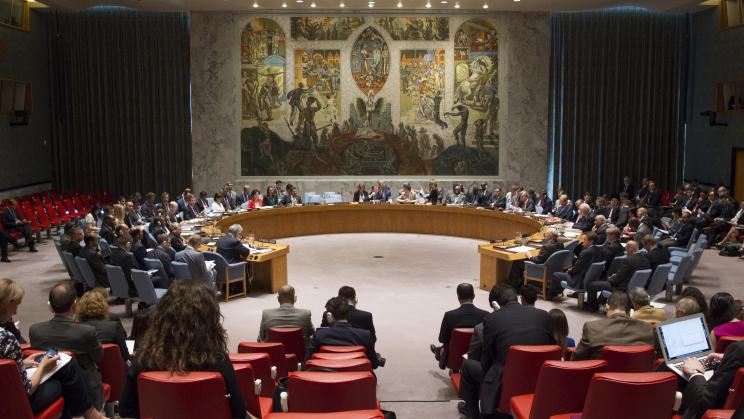Arms control in the Middle East
There are a range of challenges in the Middle East for arms control, including long-standing conflicts, lack of cooperation and militarization. These challenges highlight the importance of building normative frameworks and processes.
The 2015 Joint Comprehensive Programme of Action (JCPOA) successfully tackled the non-proliferation crisis over Iran’s nuclear programme, which had presented a challenge for regional security and the global non-proliferation regime. The crisis had started in the early 2000s with concerns that Iran’s civilian nuclear programme could serve a military purpose, which led to international sanctions on the country. In exchange for limits on and verification of Iran’s nuclear activities, the other parties to the JCPOA—China, France, Germany, Russia, the United Kingdom, the United States and the European Union—agreed to lift sanctions on Iran. However, the agreement has eroded after the USA withdrew from the agreement in 2018 and Iran subsequently abrogated agreed limits on its nuclear programme.
Another arms control issue in the Middle East has been the demand for a regional Weapons of Mass Destruction Free Zone (WMDFZ). Middle Eastern countries have long called for the establishment of a regional WMDFZ, reflecting in particular concerns about Israel’s undeclared nuclear arsenal. After failed efforts to promote the process within the 1968 Treaty on the Non-Proliferation of Nuclear Weapons (NPT), the United Nations General Assembly convened the first international conference on the establishment of such a zone in November 2019.
SIPRI closely monitors JCPOA implementation, analyses related political developments and facilitates meetings and exchanges between Iran and other relevant actors. It also tracks efforts to establish a regional WMDFZ, and follows related issues such as sanctions, missile proliferation and broader regional security trends.
